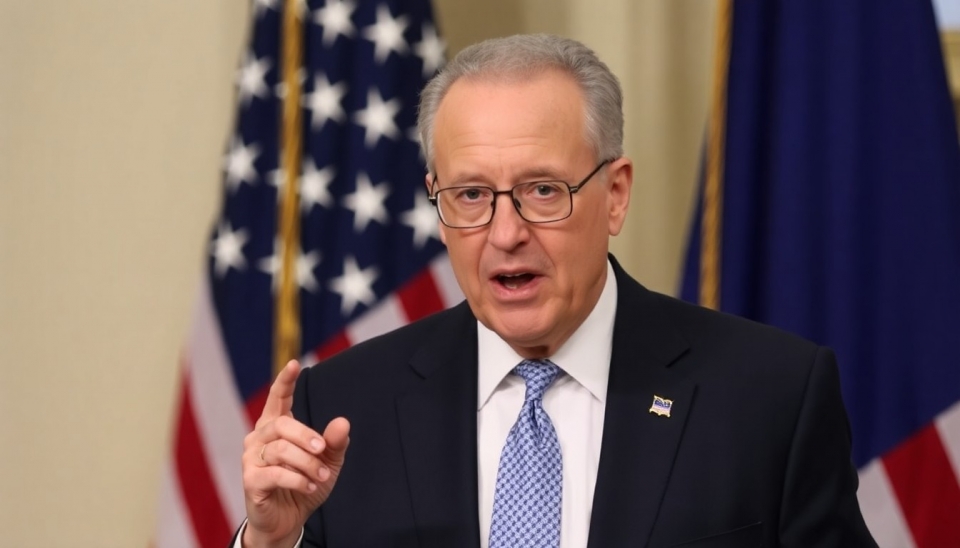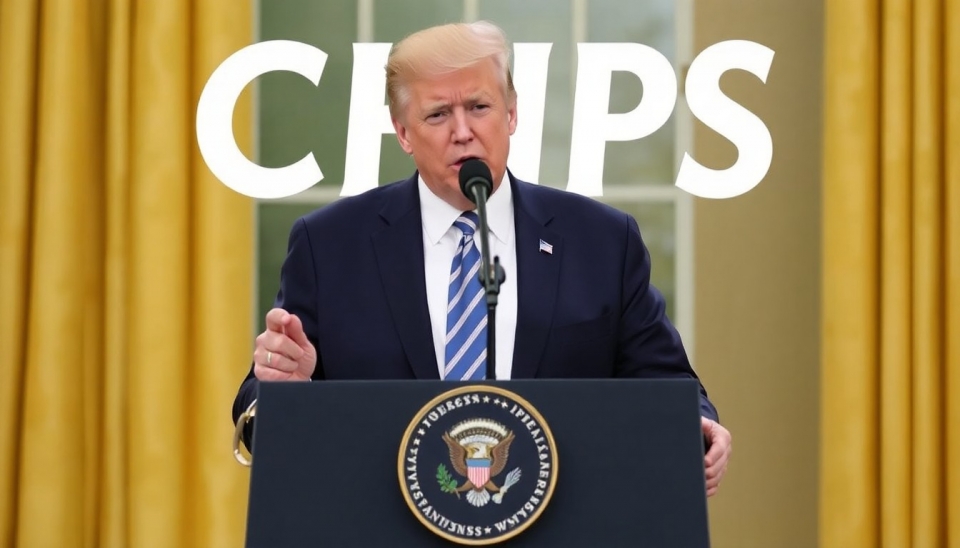
In a recent assessment, Cantor Fitzgerald CEO Howard Lutnick described the Chips Act as a commendable initiative that has laid the groundwork for revitalizing the semiconductor industry in the United States. However, he emphasized that it is still in need of thorough evaluation to ensure its effectiveness and adaptability to the rapidly changing technological landscape.
The Chips Act, originally introduced to strengthen domestic semiconductor production, has drawn attention for earmarking significant funding aimed at fostering innovation and boosting U.S. competitiveness in global markets. Lutnick, speaking at a technology conference, articulated that while the Act represents an "excellent start," it necessitates periodic reviews to adapt to new challenges and opportunities emerging within the tech sector.
As industry stakeholders recognize the critical importance of semiconductors—a pivotal component in a plethora of modern applications ranging from smartphones to electric vehicles—Lutnick warned that failing to review and revise the Act could render it ineffective against competitors, notably in Asia, who continue to advance their technological capabilities.
During his remarks, Lutnick pointed out that the dynamic nature of technology means strategies must be forward-looking and flexible. He posited that the current framework of the Chips Act might require adjustments to cater to both short-term objectives and long-term industry needs. This could involve reassessing funding allocations, enhancing partnerships between public and private sectors, and expanding educational and workforce training programs to prepare a skilled workforce for the semiconductor industry.
As companies seek to ramp up production domestically, ensuring that the U.S. semiconductor industry not only survives but thrives is paramount. Lutnick expressed optimism about the potential outcomes of a well-executed Chips Act while advocating for an integrated approach involving collaboration between government entities and industry leaders.
In conclusion, Lutnick's insights highlight the vital importance of an adaptive legislative framework that can keep pace with technological advancements. A reevaluation of the Chips Act, he suggests, might very well be crucial for fostering a competitive edge in the global economy, ensuring that the United States remains at the forefront of the semiconductor revolution.
#ChipsAct #HowardLutnick #Semiconductors #USCompetitiveness #TechIndustry #Innovation #Legislation #WorkforceTraining
Author: John Miller




